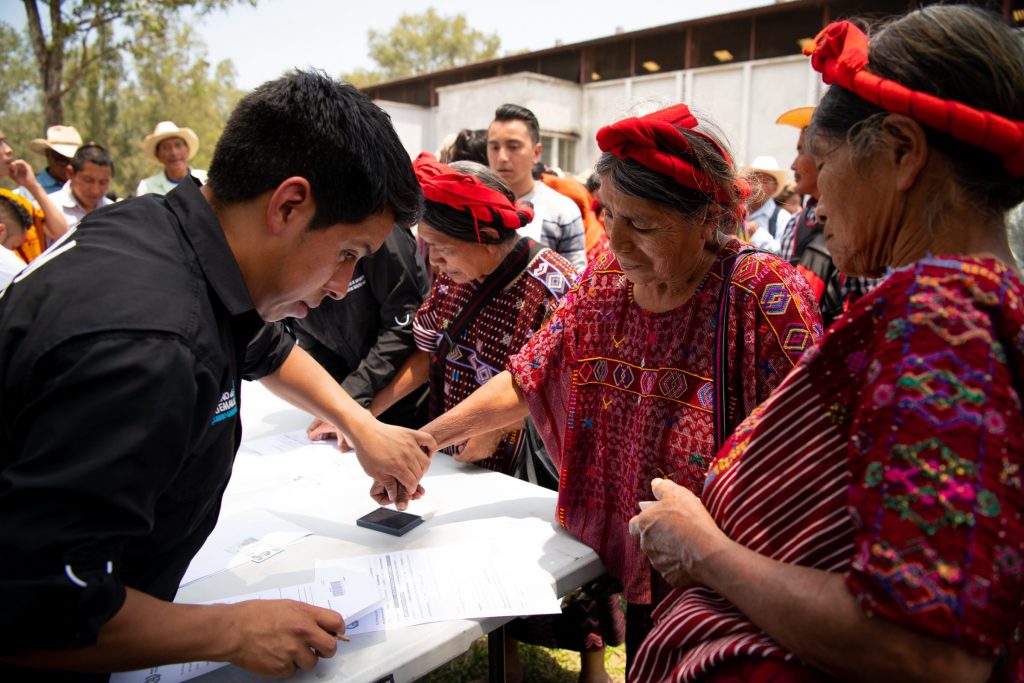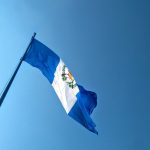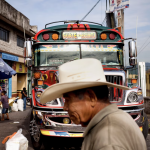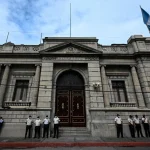Оn 25 June, Guatemala’s general elections threw up a surprise in the success of Bernardo Arévalo, the presidential candidate of the progressive Semilla movement, who claimed second place behind former first lady Sandra Torres, leader of the rightward-shifting National Unity of Hope party. The two candidates are now set for a runoff on 20 August.
The unexpected rise of Arévalo, a career diplomat and academic, and the son of former president Juan José Arévalo, has brought hope to many Guatemalans for a change in the status quo, given his anti-corruption and anti-impunity campaigns, and an engagement with environmental issues. He has stated that his and Semilla’s goals are to bring back confidence in state institutions, which are seen as having been co-opted by ruling elites in recent years.
Arévalo’s securing of a spot in the runoff was “a surprise”, said Gabriela Carrera, a political science professor at Rafael Landívar University in Guatemala City. But she added that his success was representative of “a feeling of an anti-vote, a rejection of what we call the ‘pact of corruption’.”
The “pacto de corruptos” is a term that has gained prevalence in Guatemala to refer to politicians, powerful business and organised crime figures, and members of the judicial system accused of acts of corruption, and maintaining a system of impunity that protects them from prosecution.
Semilla’s progressive platform has met resistance from the current government and elements of this so-called pact, as well as from the Guatemalan right wing. Claims of electoral fraud were lodged by a number of minor parties – and ultimately deemed to be false – while attempts have also been made in the country’s courts to suspend the Semilla party, and to launch investigations into citizen poll observers and those involved in digitising election results. Semilla also saw its offices raided by police after the attorney general’s attempted suspension.
These efforts have, however, been futile, as the country’s electoral tribunal, the TSE, has upheld the party’s legitimacy and the results of the first round of the elections.
The lead-up to the elections also saw controversy, as the TSE and Guatemalan courts moved to exclude several candidates, including Indigenous leftist leader Thelma Cabrera and right-wing populists Roberto Árzu and Carlos Pineda, leading many analysts to fear the elections were being manipulated to advocate for candidates who favored the status quo.
In this fraught run-up, policy plans have often struggled to make headlines amid the legal wrangling, and have met with an electorate seemingly frustrated with the entire political class – spoiled ballots led the way in the first round with 17% of the vote, ahead of both Torres and Arévalo. As the August runoff nears, corruption and security are likely to be the key issues for Guatemalan voters; the environment, in a country suffering from widespread pollution and degradation, has gained little attention, though Semilla, in particular, has made a number of pledges.
As Guatemala heads to the polls again, we weigh up the prospects for the environment in the upcoming election.
Guatemala’s environmental issues
Amidst a chaotic backdrop, the success of Arévalo and the Movimiento Semilla, or Seed Movement, has surprised some observers, in its break away from the traditional lack of environmental proposals that has marked party platforms in recent electoral seasons.
On the campaign trail, environmental issues and climate change received almost no attention from poll-leading candidates, besides consistent calls to clear Guatemala’s polluted waterways, an estimated 90–95% of which are polluted. But the unexpected rise of Semilla – which became a party in 2018, having emerged from anti-government protests in 2015 – has brought more environmental concerns into the debate, given their inclusion of a wider range of green proposals.
“There is a very rapid deterioration of natural resources and there are no efforts being made for their preservation or conservation,” says Karin Herrera, a biologist and Semilla’s vice-presidential candidate.
“Political will, commitment, and dialogue are needed to generate this awareness about the importance [of the environment],” she says. “The beautiful natural resources that we have cannot continue to be so neglected by the state. We need to enter with strength and commitment to preserve them.”
Guatemala has previously been ranked as one of the ten countries most vulnerable to the effects of climate change, and has been increasingly affected by more intense hurricanes and periods of drought. The country is also facing environmental degradation due a lack of compliance with regulations, and a worsening situation for its small farmers.
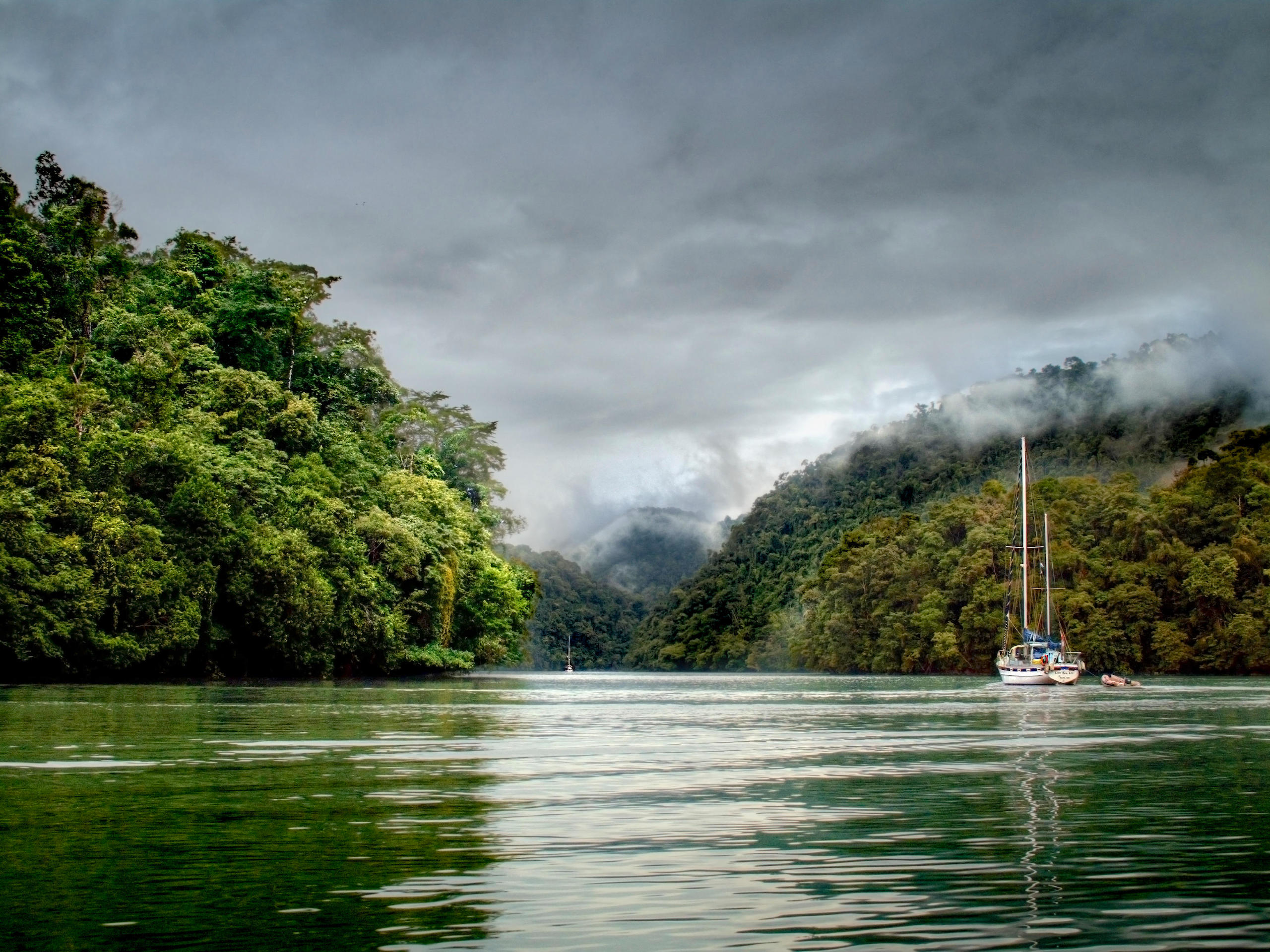
The Central American country contains vast biodiversity, being the home to nearly 14,000 different plant and animal species. But Guatemala’s economy is largely dependent on the exploitation of its natural resources and environment, for the production of bananas, coffee, palm oil, sugar and spices, among other key products. While legislation exists to address the management of forests, solid and liquid waste management, and water, among other regulations, there is a general lack of compliance with legislation to protect the environment.
“The problem is that many of these laws only remain on paper,” says Raul Maas, the lead of the Institute for Research and Projection on Natural Environment and Society at the Rafael Landívar University. As a result, Guatemala has seen a rapid rate of deforestation, pollution of its waterways, and the degradation of soils, with their health facing pressure from agribusiness and farmers.
All these factors of environmental degradation have wider impacts on society, including increasingly driving many people to attempt to migrate from Guatemala, notably to the United States, in search of a better livelihood. The continuation of these often destructive extractive practices reflects the impunity that has spread in Guatemala, which contributes to further degradation.
These environmental challenges are being made worse by the effects of climate change. According to a recent study, the loss of forests in Central America due to climate change could lead to economic costs of as much as $314 billion dollars a year by 2100.
“The situation is quite precarious without the effects of climate change,” Maas says. “Add to this the variable of climate change, and the question becomes much more critical.”
Environmental policy proposals
As Guatemala faces up to these environmental crises, Semilla has proposed a set of policies within their government plan that would seek to address the degradation. These include the investment of nearly US$900 million into the country’s system for the protection forests and protected areas, with the goal of strengthening not only the forests themselves but also the sources of water that the country relies on, and coastal mangroves to mitigate the effects of climate change.
Within its government plan, Semilla says it hopes to also strengthen the communities that rely on natural resources for sectors such as ecotourism. Added to this, are pledges to expand support for the communal lands and forests of Indigenous communities, upon request.
These initiatives would be “a massive investment,” says Patricia Orantes Thomas, an environmental expert and Semilla deputy elected to the national congress in June. “Because this also has environmental returns, it has revenues in terms of water production, it has returns in the mitigation and protection from climate change, but it also has economic returns because people will be reforesting and managing the forests.”
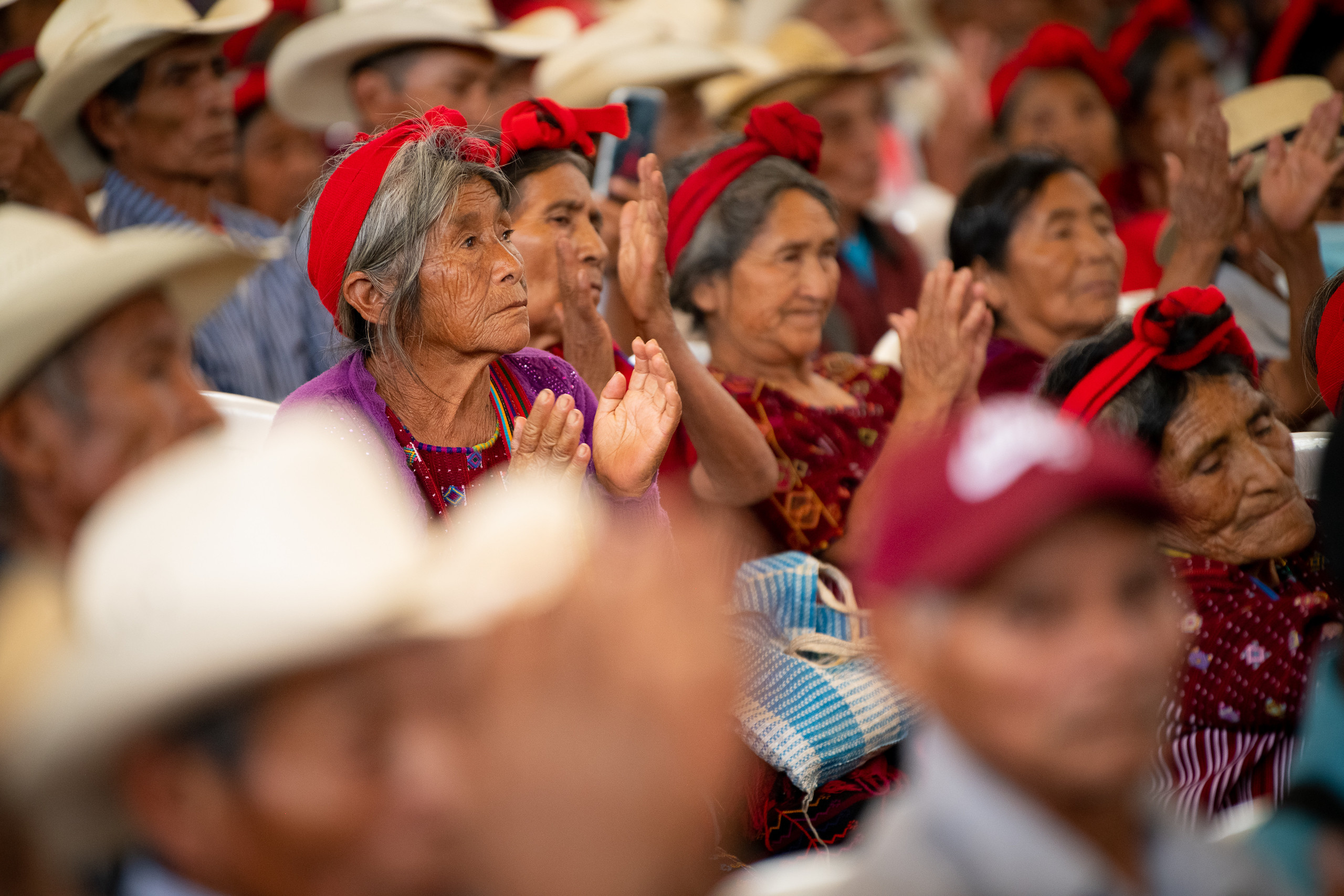
Semilla is also seeking to address the impunity that exists in Guatemala in regards to the environment. Orantes Thomas says that, if elected, their government will seek to modify the legal code to improve the handling of environmental crimes, beginning with addressing the contamination of waters and the division of rivers for business interests, which has become a major issue in the last decade.
On the other side of the runoff, Sandra Torres and the National Unity of Hope party have made no clear proposals related to the environment. This continues what has been seen as a lacklustre record on the environment in recent years for the party – a formerly social democratic but increasingly conservative populist party, which has served one term in government (2008–2012), and faced allegations of corruption.
“Unfortunately, the National Unity of Hope party does not specifically address issues related to the environment within its [government] plan,” says Elvis Caballeros, a climate risk researcher at the Rafael Landívar University. “It does not have any proposal – they do not give it priority.”
If Arévalo and Semilla are able to win the presidency in the 20 August runoff, they will face a considerable challenge in congress, as the party was only able to win 23 seats in the legislative branch, out of 160 seats.
While the party as a whole performed better than in the 2019 elections, successfully addressing the issues facing the country will require Semilla to build alliances – something which there is a chance of establishing, given the fluid nature of Guatemalan politics.
“[The congressional representatives] that have been elected from the majority of parties do not follow political guidelines, or respond to the politics of their parties,” Orantes Thomas says. “They respond to their own interests. This is very sad for our system of political parties.”
But, the congresswoman adds, “What we want is to try to build bridges with the greatest number of [congressional representatives] who are willing to fight the battles that the population wants.”

